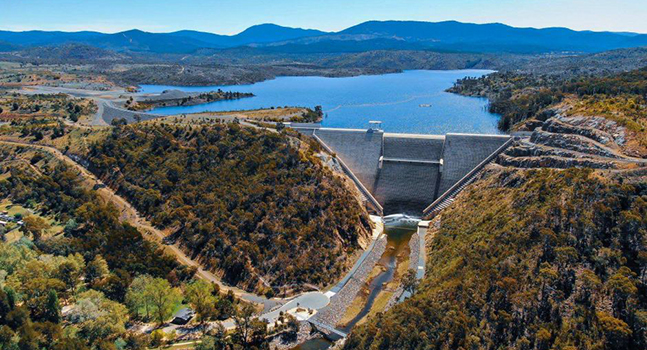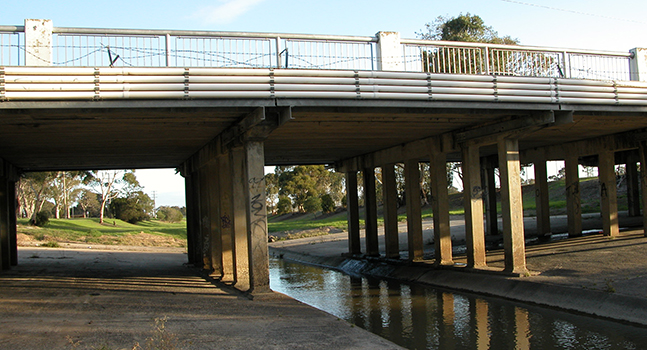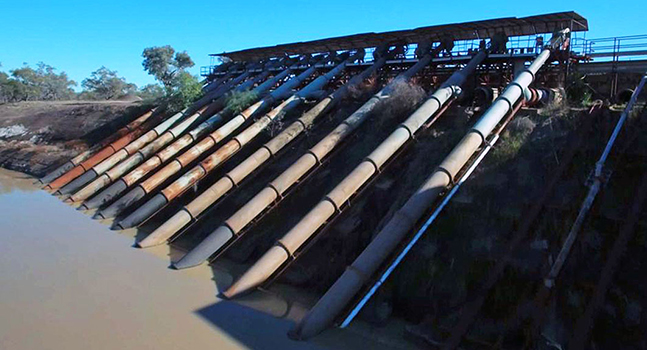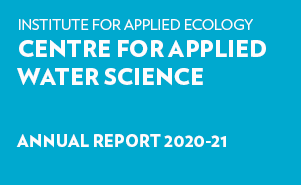Centre for Applied Water Science
RESPONDING TO THE GLOBAL WATER CRISIS. Globally, 2.1 billion people lack access to safe drinking water. Poor water quality due to pollution has direct health impacts on more than 5 million people. One in three people on Earth are affected by water scarcity, and more than one third of the world’s cities are threatened by water shortages. In many parts of the world profound drying trends and altered patterns of rainfall are affecting agricultural productivity. Global demands for energy have resulted in a proliferation of major hydro-electric dam projects, with consequences for downstream flows, riverine productivity and nearshore marine fisheries. Collectively these trends are resulting in areas of geo-political instability.
At least $30B has been spent on water reform and water management programs in Australia over the last decade. There needs to be policy-relevant science advice to inform the evaluation of those investments, and to guide water reform and policy in the coming decades.
VISION. The Centre for Applied Water Science (CAWS) aspires to be a national and international leader in applying the best science to achieving solutions to water management challenges. Building on the experience and capabilities present at UC and leveraging off existing networks and funding, CAWS will establish the university as an international leader in research and knowledge-generation in the area of ‘managed waters’.
The CAWS program addresses three global water challenges.
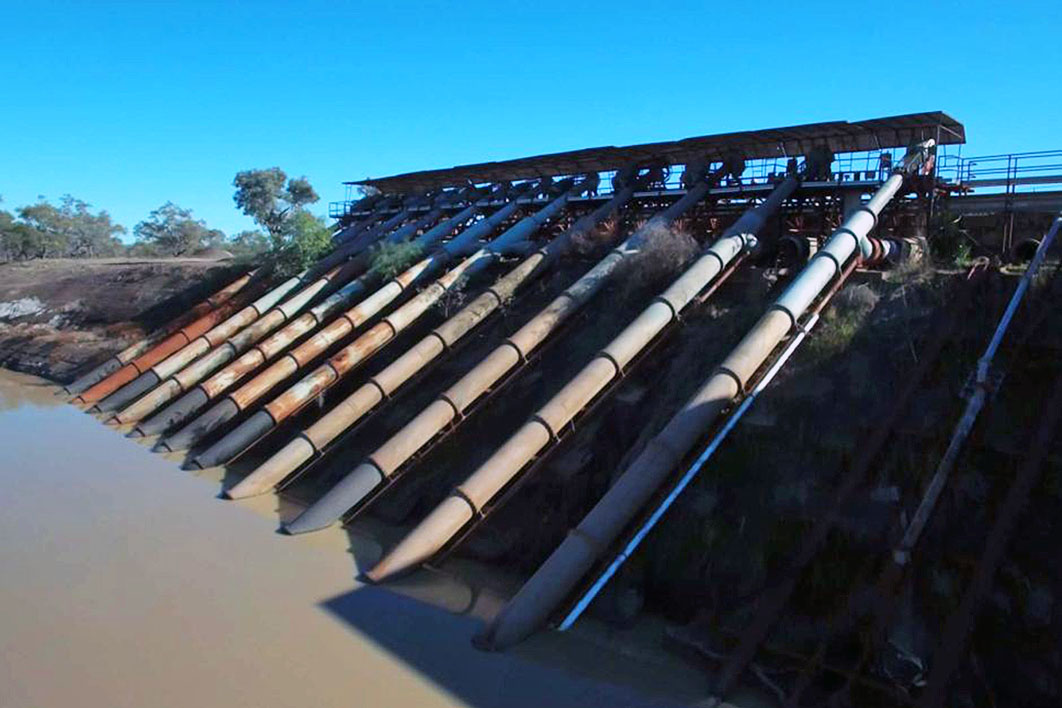 | ENVIRONMENTAL FLOWS. Managing rivers for environmental values in the face of increasing demands for water, and a drying climate. |
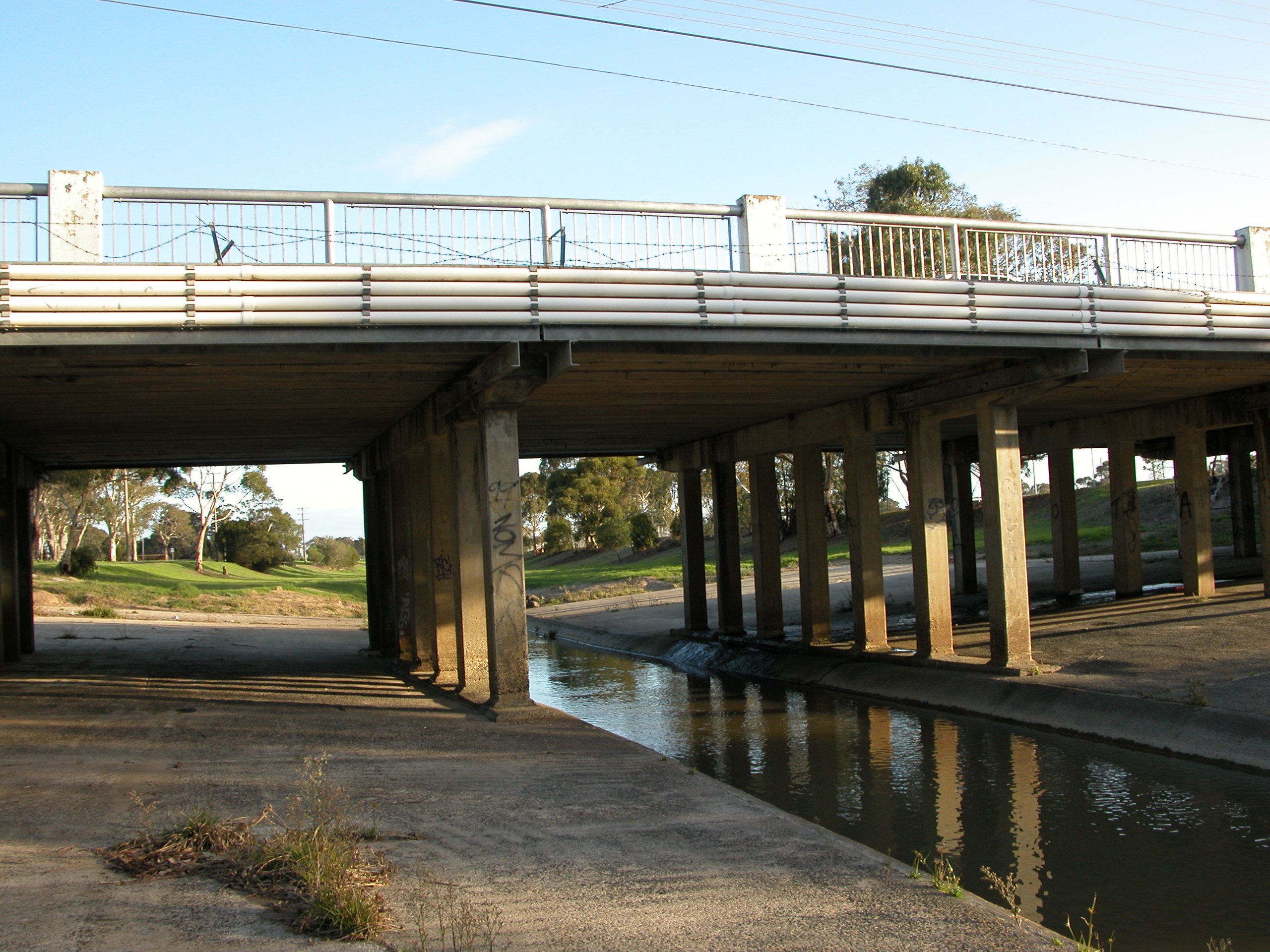 | URBAN WATER. Enhancing water management in urban settings to improve ecosystem service provision and human well-being. |
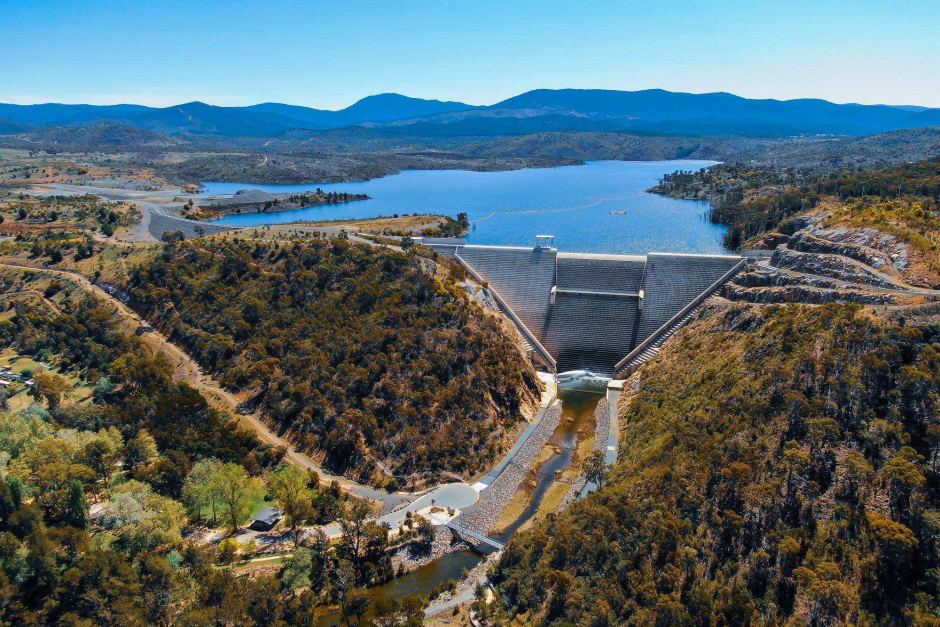 | HYDRO RIVERS. Water management in impoundments and flow management in rivers affected by dams. |
Within these challenges enabling themes gather diverse approaches to addressing water management challenges. This provides an opportunity to consider emerging technologies, approaches and opportunities These are the in the areas of innovations in remote sensing and water quality assessment, the need for transdisciplinary approaches that include human values, in particular the values of Indigenous peoples.
Biodiversity and Ecosystem Health |  |
Environmental chemistry and ecotoxicology | 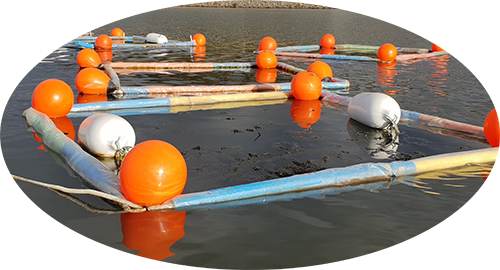 |
Indigenous Water Management | 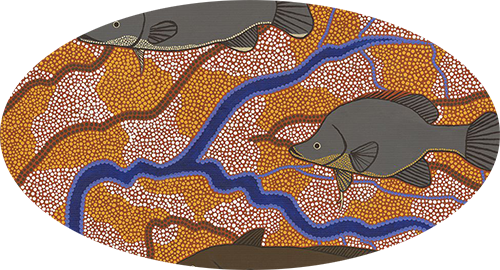 |
Social-Ecological Systems |  |


